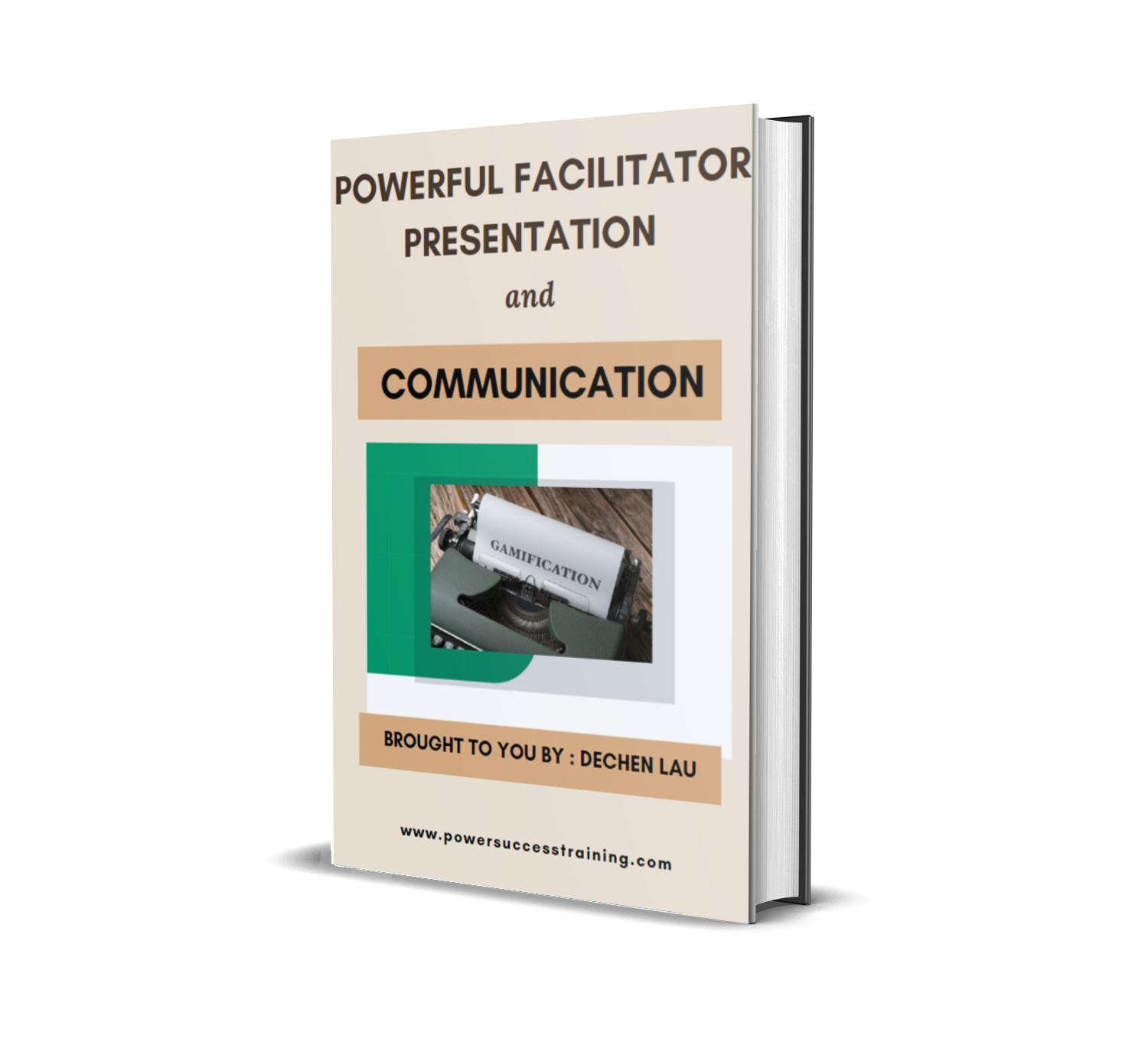The educational landscape has changed significantly in recent years, especially with regard to homeschooling. For homeschooling families, digital ebook libraries have become an essential resource because they offer a wide range of educational resources that can accommodate different learning preferences and styles. These libraries give parents and students an easy and adaptable way to get books, textbooks, and other resources without being constrained by traditional publishing restrictions or physical space. For many families, incorporating digital resources into homeschooling practices has become not only advantageous but also necessary as technology advances. Join our community for exclusive access to ebook membership at ebook membership.
Key Takeaways
- Digital ebook libraries offer a wide range of educational resources for homeschoolers, including textbooks, literature, and reference materials.
- Using a digital ebook library for homeschooling provides access to a diverse collection of materials, saves space, and allows for easy organization and search capabilities.
- Accessing and using a digital ebook library for homeschooling can be done through various platforms and devices, making it convenient for students and parents.
- Finding quality educational content in a digital ebook library involves using search filters, reading reviews, and exploring recommended titles from trusted sources.
- Customizing learning with a digital ebook library for homeschooling allows for personalized learning experiences, adaptive learning tools, and interactive multimedia resources.
Platforms that house a vast collection of electronic books that are frequently accessible for download or online reading are known as digital ebook libraries. These can cover topics like math, science, history, and the arts & range from classic literature to modern educational texts. These libraries are a great resource for homeschoolers who want to create individualized learning experiences. Families can engage students in ways that traditional textbooks might not, add diverse viewpoints to their curriculum, and delve deeply into topics thanks to the materials’ accessibility from any location with an internet connection. The sheer number of resources at one’s fingertips is one of the biggest benefits of using a digital ebook library. A more individualized educational experience is made possible for homeschoolers by the thousands of titles available in a variety of subjects & grade levels.
With so many resources available, parents can find materials that suit their child’s interests and learning style with ease. A child who exhibits a strong interest in marine biology, for example, can easily find e-books that explore that topic, offering more in-depth knowledge and encouraging a love of learning. Further, interactive elements that improve the educational process are frequently included in digital ebook libraries. Tools like note-taking, bookmarking, & highlighting are available on many platforms & can encourage students to interact more actively with the content. Students can annotate texts and review key ideas whenever it’s convenient for them, which promotes critical thinking and memory.
Moreover, a lot of digital libraries offer multimedia materials like films & tests to go along with the readings, accommodating different learning preferences and adding vibrancy to the educational process. It is usually simple to access a digital ebook library; all you need is a computer, tablet, or smartphone that is compatible with the internet. A subscription or one-time payment may be necessary for some libraries, but many provide free access through public library systems or educational institutions.
Users can register for accounts & borrow or download e-books for offline reading after access is granted. Learn how to use the library’s interface; most platforms have search features that let users look for specific titles or browse by topic. After entering the digital library, users can peruse a variety of collections and categories catered to distinct learning requirements. Some libraries might, for instance, create collections with well-liked curricula or suggested reading lists especially for homeschooling families.
In order to focus their search on a particular subject or grade level, parents can also use filters. After choosing an e-book, users can frequently preview it before borrowing or buying it to make sure the content fits their learning objectives. Families are better equipped to choose their educational resources because of this accessibility. For homeschooling families, the wealth of information found in digital ebook libraries can be both a benefit and a problem. Offering a wide range of options enables customized learning experiences, but it also calls for careful selection to guarantee high-quality instructional materials.
Searching for e-books written by respectable educational publishers or authors who are authorities in their domains is a good tactic. Many online libraries offer user reviews and ratings or publisher-specific book classifications to help parents choose high-quality resources. Many digital ebook libraries also provide lists or suggestions that have been carefully chosen based on popular books or topics.
When parents want advice on what to include in their curriculum, these lists can be a great resource. Interacting with online homeschooling communities can also reveal which ebooks have been especially helpful to other families. Parents can find hidden treasures in the library that might not be immediately visible through routine searches by utilizing these networks. Using a digital ebook library to tailor learning experiences to each student’s needs is one of its most alluring features. Flexibility in pace and content selection is inherent to homeschooling; digital libraries enhance this by offering a wide variety of resources that accommodate various learning preferences.
E-books with detailed illustrations or infographics, for example, might be helpful to visual learners, whereas audiobooks or texts with audio narrations might be more appealing to auditory learners. Moreover, parents can choose several e-books on related subjects to create thematic units that let students study subjects from different perspectives. Families studying ancient civilizations, for instance, could select e-books that cover many cultures’ literature, art, history, and even mythology. In addition to enhancing the educational process, this interdisciplinary approach fosters critical thinking in students as they make connections between various academic disciplines.
Digital ebook libraries must be carefully planned and organized before being incorporated into a homeschooling curriculum. Establishing a routine that includes regular reading time in the daily schedule is one efficient strategy. This might be allocating particular hours for the sole purpose of perusing e-books or incorporating reading into homework assignments.
Parents can encourage their children to love reading and develop positive habits by establishing a structured environment around digital reading. In addition, parents ought to think about making reading lists that are specific to their curriculum goals. These lists may consist of assigned readings as well as extra resources that improve comprehension of fundamental concepts. Tracking progress and making sure students are interacting with a variety of texts throughout the year can be accomplished by using tools like spreadsheets or educational applications. Also, bringing up the readings in family discussions can improve understanding and foster critical thinking abilities.
Digital ebook libraries have many advantages, but there are drawbacks as well that homeschooling families must consider. One prevalent issue is screen time; parents may be concerned about increasing their children’s exposure to screens through digital reading since they already spend a lot of time on devices for a variety of purposes. Families can address this issue by establishing rules regarding screen time and striking a balance between digital & print reading. Promoting hands-on projects or outdoor activities can also help reduce excessive screen time while fostering learning.
Maintaining students’ interest in digital content presents another difficulty. When reading from a screen instead of a real book, some kids might find it harder to focus. Parents can use tools like interactive reading sessions, where they discuss the content with their children, or audiobooks, which let students listen while following along with the text, to help deal with this problem.
Creating a welcoming, distraction-free reading space can also improve concentration and memory. As technology develops and changes the nature of education, digital ebook libraries will likely become more & more important in homeschooling methods. Their accessibility and convenience are ideal for today’s students, who benefit greatly from flexible schedules and individualized learning paths.
These libraries will probably continue to change to satisfy the needs of both parents and students as long as digital content delivery continues to advance, including through improved interactivity and integration with other educational resources. Undoubtedly, as families look for creative ways to enhance their educational experiences, homeschooling will depend more on digital resources in the future. With more educators realizing the benefits of incorporating technology into classrooms, digital ebook libraries will keep growing & enhancing user experiences. This development promises to improve the standard of education accessible to homeschoolers while also encouraging a passion for learning that lasts a lifetime through interesting & varied content.
If you’re looking for resources to enhance your homeschooling experience, you may want to check out this article on fitness breathing for health and wellbeing. This article provides valuable information on how proper breathing techniques can improve overall health and well-being, which can be beneficial for both parents and children alike. To learn more about this topic, you can visit the article here.
FAQs
What is a digital ebook library for homeschoolers?
A digital ebook library for homeschoolers is a collection of digital books and resources specifically curated for homeschooling families. These libraries often offer a wide range of educational materials, including textbooks, literature, reference books, and educational games.
What are the benefits of using a digital ebook library for homeschooling?
Using a digital ebook library for homeschooling provides access to a wide variety of educational resources without the need for physical storage space. It also allows for easy access to materials from anywhere with an internet connection, and often includes interactive features and multimedia content to enhance the learning experience.
What types of materials are typically found in a digital ebook library for homeschoolers?
A digital ebook library for homeschoolers may include textbooks, workbooks, literature, reference books, educational games, and other resources across a range of subjects such as math, science, history, language arts, and more. Some libraries also offer resources specifically tailored to different grade levels.
Are digital ebook libraries for homeschoolers free to use?
Some digital ebook libraries for homeschoolers are free to use, while others may require a subscription or purchase of individual materials. It’s important to research and compare different options to find the best fit for your homeschooling needs and budget.
How can homeschooling families access a digital ebook library?
Homeschooling families can access a digital ebook library through a web browser on a computer, tablet, or smartphone. Some libraries may also offer dedicated apps for easier access on mobile devices. Access requirements may vary depending on the specific library and its terms of use.


